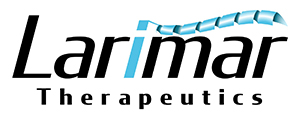Zafgen Presents New Data Highlighting Potential of ZGN-1061 for the Treatment of Type 2 Diabetes and Obesity at the American Diabetes Association's 77th Annual Scientific Sessions
-Successful Phase 1 Clinical Trial Garners Late-Breaking ADA Presentation and Supports Advancement to Phase 2 Development-
-ZGN-1061 Treatment Improves Glycemic Control and Body Weight in Preclinical Models-
-Data Highlight Favorable Safety and Tolerability Profile-
"The results presented at
Phase 1 Clinical Trial Data
Poster 144-LB, "Single and Multiple Dose Evaluation of a Novel MetAP2 Inhibitor: Results of a Randomized, Double-Blind, Placebo-Controlled Clinical Trial," details the full results from the Phase 1 clinical trial of ZGN-1061, including new efficacy data related to secondary endpoints. The multiple ascending dose (MAD) phase evaluated twice-weekly administration of ZGN-1061 in overweight or obese patients (ZGN-1061 N=22, placebo N=7; average BMI of 33 kg/m2). Patients in the MAD phase were domiciled while receiving treatment and were subjected to inpatient safety monitoring for most of the clinical trial's 28-day duration. Data from the clinical trial are highlighted below:
- As previously reported, on average, patients treated with ZGN-1061 for four weeks lost weight relative to placebo-treated patients (-4.6 lbs, -2.2 lbs, and -3.8 lbs for 0.2 mg, 0.6 mg, and 1.8 mg, respectively vs. -0.51 lbs for placebo).
- Body weight loss was steady and progressive during treatment with ZGN-1061 and rebounded post-treatment, supporting a drug effect.
- ZGN-1061 produced improvements in waist circumference relative to placebo. In addition, treatment with ZGN-1061 resulted in a trend for reduced food intake relative to placebo.
- The clinical trial demonstrated trends for reductions in LDL-cholesterol, and high-sensitivity C-reactive protein (hsCRP). Notably, there were greater reductions in mean LDL-cholesterol and hsCRP in ZGN-1061-treated subjects with abnormally elevated LDL or hsCRP at baseline.
- The clinical trial also showed a trend for reductions in leptin and increases in adiponectin with ZGN-1061 compared to placebo, reflective of favorable changes in adipose function and signaling.
- ZGN-1061 is rapidly metabolized and cleared following administration, with a much shorter half-life than beloranib, minimizing exposure to the compound while driving desired metabolic effects.
- Single and repeat doses of ZGN-1061 were generally safe and well tolerated. There were no severe adverse events (AEs), no serious AEs (SAEs), and no AEs leading to early withdrawal from the clinical trial.
- As previously reported, there was no prothrombotic effect observed with ZGN-1061. No treatment emergent venous thromboembolisms (VTEs), no clinically meaningful D-dimer elevations indicative of thrombosis and no elevations in mean D-dimer levels were observed in the dosing groups compared to baseline or placebo. There were no clinically significant changes in coagulation laboratory parameters or other key biomarkers of interest, including von Willebrand factor and soluble thrombomodulin.
"The data emerging from our ZGN-1061 program are quite encouraging, and reinforce our confidence in the candidate as we advance toward initiating our Phase 2 clinical trial in patients with type 2 diabetes who are obese, in the second half of 2017," said
Preclinical Efficacy and Safety Differentiation Data
Preclinical data presented at the meeting demonstrated that ZGN-1061 showed similar effects on diabetes, obesity, and other metabolic endpoints, but with a greatly improved safety profile in comparison to the Company's prior development compound, beloranib. In poster 143-LB, "The MetAP2 Inhibitor ZGN-1061 Improves Glycemia and has Weight Loss Efficacy with an Improved Safety Profile in Preclinical Models,"
- ZGN-1061 showed statistically significant improvements in glycemic control, insulin sensitivity, body weight, body fat, lipids and cardiometabolic biomarkers compared to vehicle, and these improvements were comparable to those seen for beloranib.
- ZGN-1061 is rapidly metabolized and cleared following administration, with a much shorter half-life than beloranib, minimizing exposure to the compound while driving desired metabolic effects.
- ZGN-1061 displays a reduced impact on endothelial cells compared to beloranib, and on several thrombotic markers, including P21, thrombomodulin, and plasminogen activator inhibitor-1 (PAI-1), in vitro, as well as thrombin time and D-dimer in vivo.
- ZGN-1061 has improved safety margins for morbidity and coagulopathy, with a 200-fold margin for ZGN-1061 compared to approximately 4-fold for a clinically equivalent dose of beloranib.
About ZGN-1061
ZGN-1061 is a fumagillin-class, injectable small molecule second generation MetAP2 inhibitor that was advanced into development due to its unique properties that maximize impact on metabolic parameters relevant to the treatment of type 2 diabetes and other related metabolic disorders. In preclinical studies, ZGN-1061 has demonstrated promising efficacy in animal models of type 2 diabetes and obesity, with an improved pharmacokinetic profile and safety margin relative to previous molecules in the MetAP2 class. As demonstrated clinically for MetAP2 inhibitors, ZGN-1061 is anticipated to improve glycemic control while also helping to restore balance to fat metabolism, enabling calories to once again be used as a productive energy source, leading to improved metabolic control and long-term weight loss.
About
Safe Harbor Statement
Various statements in this release concerning
Media/Investor Relations Contact:Zafgen, Inc. Patricia Allen Chief Financial Officer 617-648-9792Argot Partners Investor RelationsLaura Perry 212-600-1902 laura@argotpartners.com Spectrum Science Media RelationsMichelle Strier 202-587-2582 mstrier@spectrumscience.com
Source:
News Provided by Acquire Media


